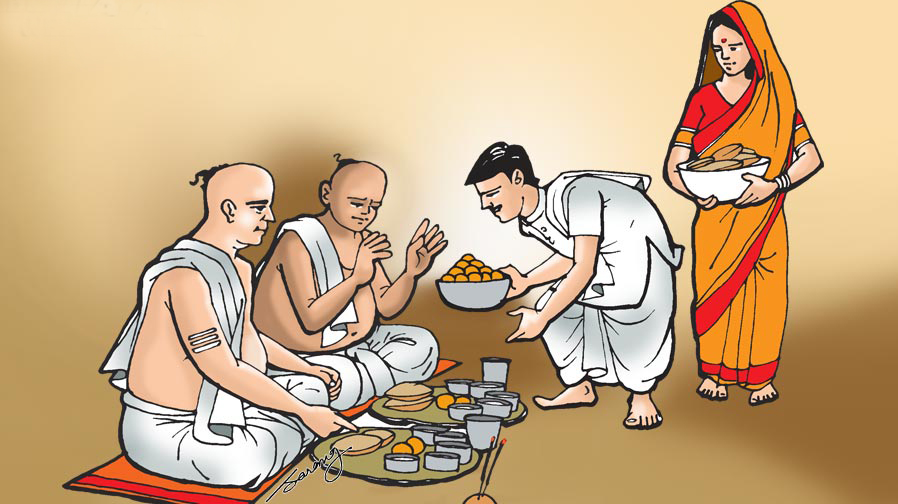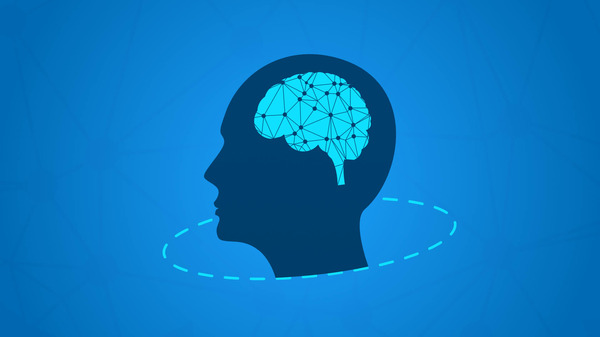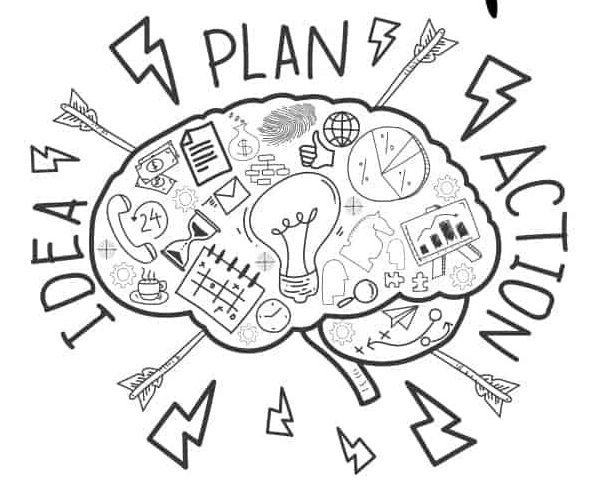Ancestral spirits, who become more powerful after leaving mundane world, oversee what we think, believe, and do. So, beware.
Being thankful is great: You thank the stranger in bank who lends you a pen to put signatures; you never forget to thank and tip the waiter who offers you coffee in the restaurant for which you pay at the counter. You also convey thanks to an unknown person who keeps an eye on your luggage when you are away for a while in train journey. So far it is OK.
Why to exclude parents: What about expressing gratitude to your mother who bore with you for full nine months in womb, then nourished you without demur throughout the nonage even beyond, along with all your tantrums, acts of omission, commission and mischief. You perhaps did not consider acknowledging the series of tribulations your father underwent for your sake. That had begun with holding your delicate fingers to teach you alphabets and help take the first step. Perhaps he also managed and borrowed money to meet your essential and non-essential expenses to keep you in positive frame. Apart from parents, we owe immensely to several individuals, families, institutions, and other entities that helped us in acquiring the position we are in today.
Kindness or cruelty, both are retributed, no escape: How do we repay it, because repay we must. An unwritten law prescribes that each act of kindness, favour or whatever has to be recompensed. Else, God may forgive us, but our Karmas (i.e. our actions over time) shall not, and haunt us like a calf identifies her mother among a thousand others. “The deeds that men do live after them”, goes the adage.
In Indic traditions foremost to be grateful are the Creator, because birth in human form is a privilege available to the most favoured few, something that even Gods aspire. Then, there are our ancestors, followed by our parents. And though you can part-settle the expenses incurred by them on you, by any yardstick you cannot recompense the non-material investments that went in building you. A Hindi bhajan says, Tu mandir mandir kyon bhatke, tere mat pita hee ishwar hain … Tu jo hai unke karan hai … Unke tan kee dhul hai tu (why do you wander from temple to temple for seeking God when you have parents as supreme Gods with you; you are no more than the particulate of their being; whatever you are, it is because of them).
Beyond the material investment it is the moral & psycho-emotional inputs of parents that matter utmost. A feeling of gratitude towards parents on the part of children significantly unburdens the latter, and also serves as great source of gratification to parents. Mother has been accorded highest status, and equated with God. Each one is here due to her; she is God’s emissary on earth; since God could not appear in human shape on earth He sent her, it is believed.
Gratitude is not indebtedness. On moral scale, former is spiritually uplifting for both parties while indebtedness is deemed settled by returning the cash or favours through give & take.
The Krishna Paksh i.e. no-moon fortnight in Hindu Bhadrapad month (this year, 29 September to 14 October) is annually observed by the Hindu as Pitra Paksh (i.e. two-week period). In this duration the Pitars (our ancestors) are believed to appear on earth to ascertain how their descendants are faring; once satisfied that they are leading a virtuous, righteous life, the Pitars return happily. After receiving the offerings earmarked for them, they bless their descendants. So began the tradition of Shradh. The good wishes ancestors shower on us expedite fulfillment of our aspirations. Tarpan to the departed soul and feeding the Brahmins are two major components of Shradh rituals. The practice of Shradh among the Hindu is in line with ancestral worship advocated in various faiths. Gratitude is considered as an ennobling feeling in Islam, Christianity, Buddhism and Judaism. Ancestral worship is deeply ingrained in Chinese and Japanese and other cultures.
However, more meaningful than formal observance of Shradh on account of ancestors are our actions and concerns for the parents and the other elderly when are still alive. Mind that rituals sans spirit are not going to fructify. Blessed are they who can feel ancestors’ benign presence in routine life. Mind also that sooner or later, you shall too, join their assembly.
…. …. …. …. …. …. …. …. …. …. …. …. …. …. …. …. …. …. ….
The article is updated version of the one published in daily Orissa Post dt. 3 October 2021, the Sunday; Link of epaper: http://odishapostepaper.com/edition/3834/orissapost/page/5.
…. …. …. …. …. …. …. …. …. …. …. …. …. …. …. …. …. …. …. …. …. …. …. …. …. …. …. ….




